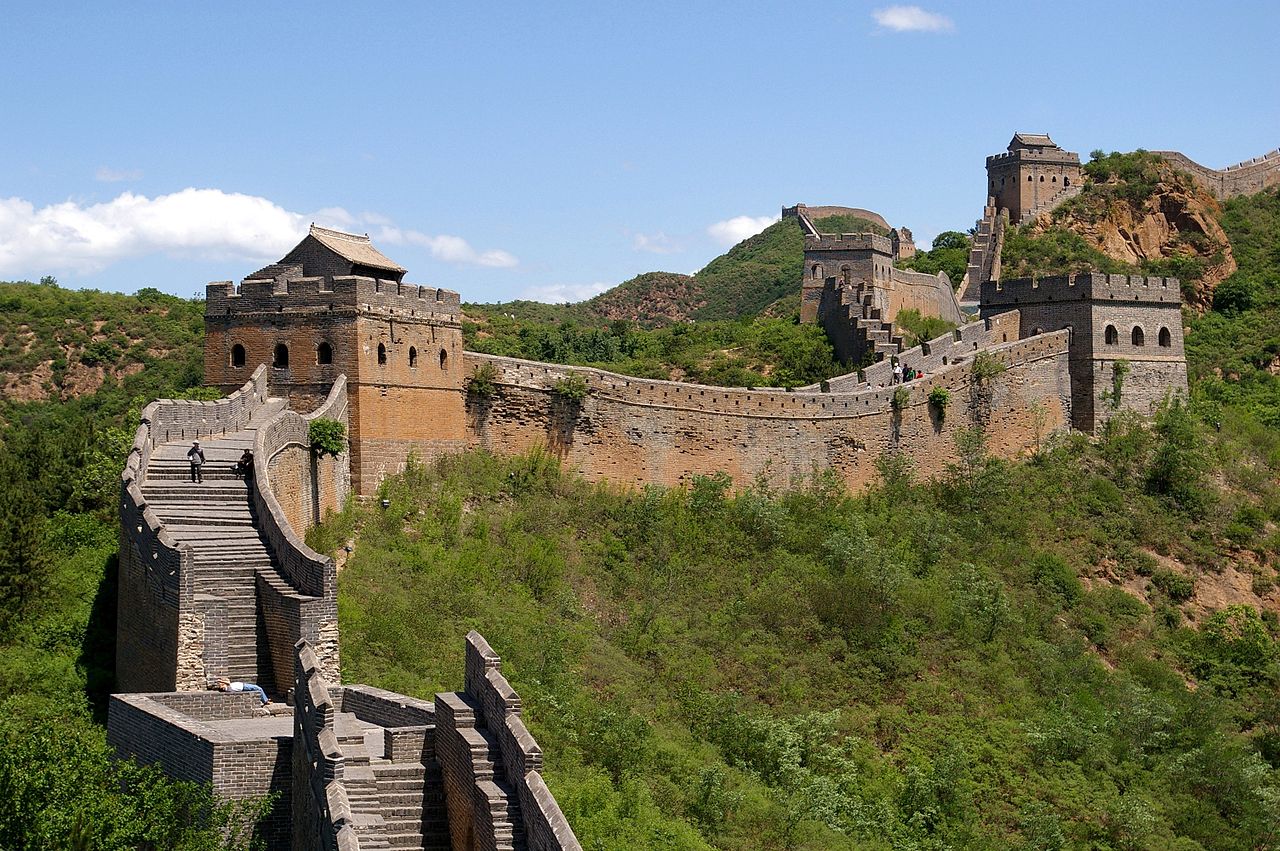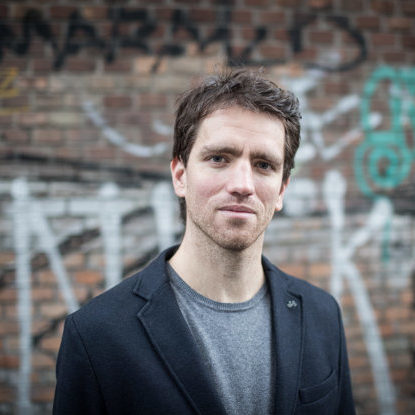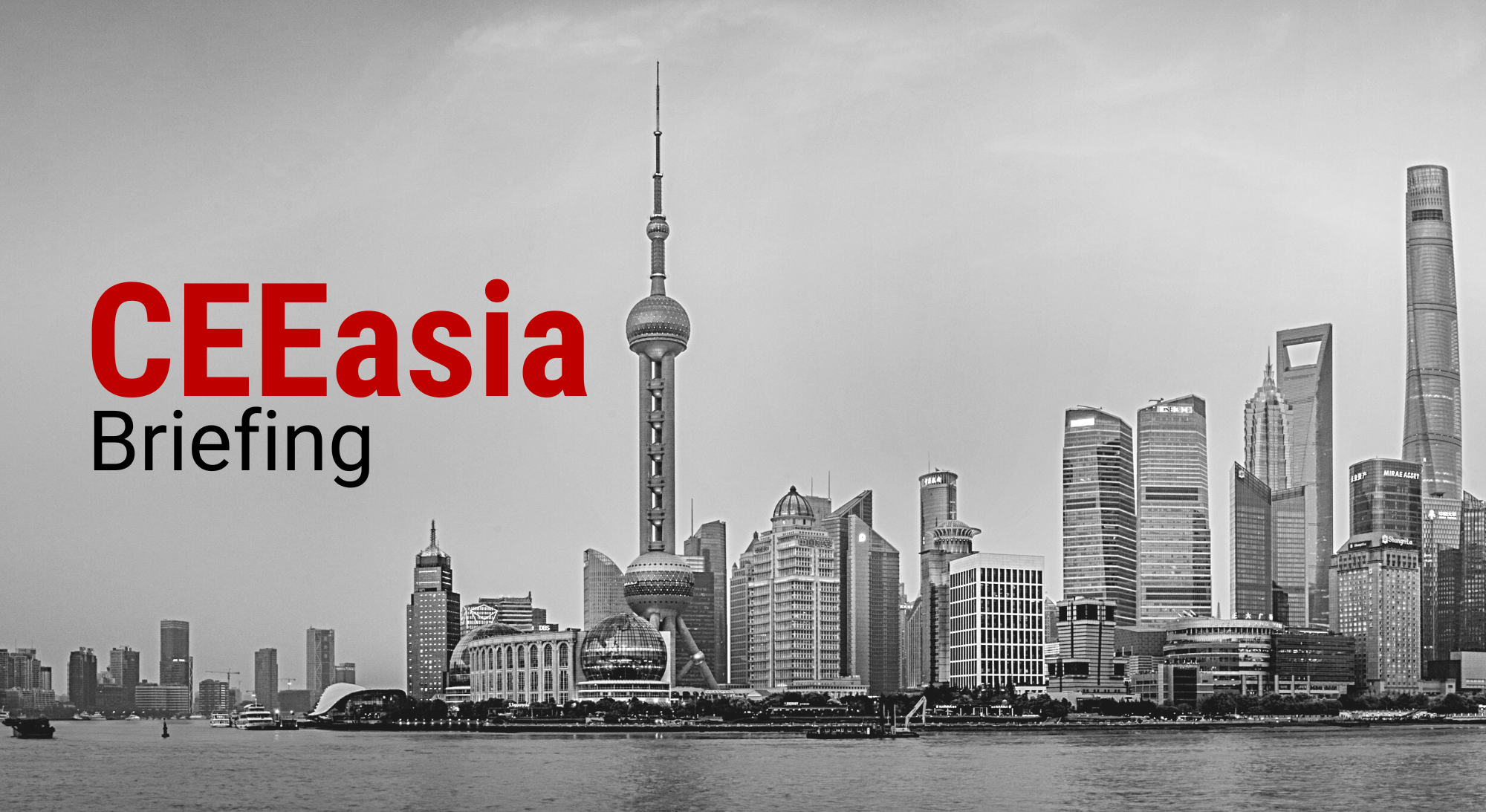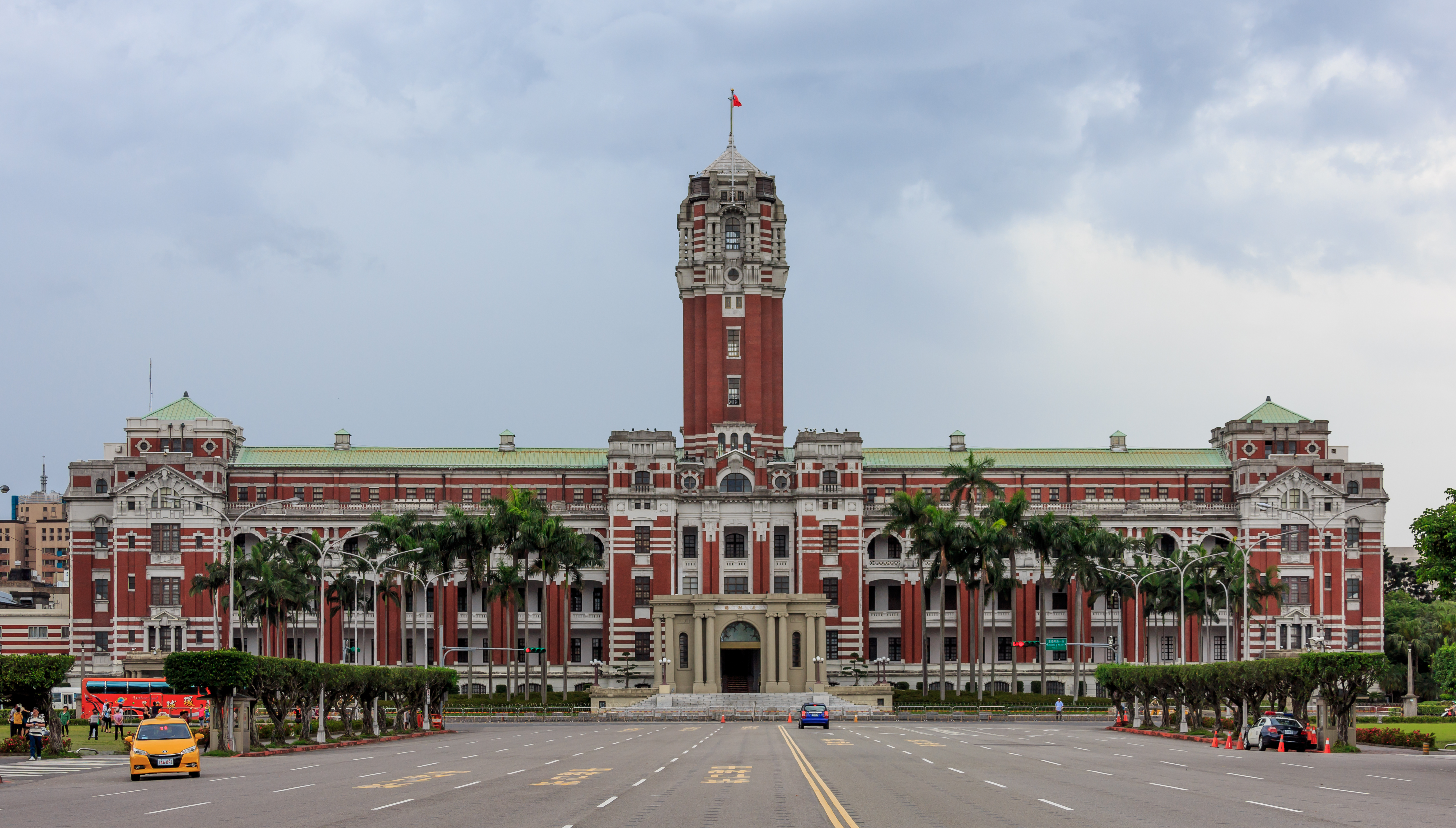China’s think tank sector has seen a significant increase in political attention and available resources, but its development is still hindered by the domestic political dynamics of the PRC. Think tanks are caught between incompatible goals pursued by different parts of the government and struggle to raise their international profile as intended. While realizing these limitations, they offer the best chance to understand emerging Chinese policies, and are important international partners for European institutes.
Can you sum up the development of Chinese think tanks and especially where we are now?
Chinese think tanks are a relatively new arrival on the Chinese policy-making scene. You had some early experimentation with think tanks or policy research institutes in general in the 1950s and the 1960s, which largely followed established Soviet models. This was, however, aborted in the late 1960s as a result of the Cultural Revolution.
In the late 1970s, you had a new drive for more pragmatic policy, and to establish research capacities to advise the government. Deng Xiaoping took a personal initiative in establishing new think tanks and re-establishing and expanding existing ones.
The most recent phase of development started in 2013, when Xi Jinping expressed personal interest in the subject. Later on, his government rolled out a major new initiative to build so-called ‘new-type think tanks with Chinese characteristics’. This is basically about upgrading the Chinese think tank capacities, keeping their linkage to the party-state nexus, and enacting some internal reforms to make them more efficient, like conducting evaluations.
Can you talk more about what is behind the recent push to develop Chinese think tanks which started in 2013?
This think tank drive is supposed to further a range of political objectives, the most important one of which is to make Chinese policymaking more efficient and supposedly scientific. If you look at the Chinese regime, it bases its legitimacy, at least since the reform era, on performance – like providing improved living standards – rather than establishing democratic procedures. That is, of course, something where technocratic advice is supposed to help you. So, the think tanks are in a way very central to the vision of governance which Xi Jinping is promoting right now.
They are supposed to provide policy input without the kind of messy debates known to democratic societies, which often result in direct, public criticism of the government. The crucial difference in China is that by keeping this debate restricted to think tanks, you also restrict it to internal communication channels. This way, criticism of policies can be voiced without the public hearing and without this being seen as a challenge to the government.
And then you have a set of more specific objectives, for example, increasing Chinese soft power at the international level. If you have globally competitive Chinese think tanks, they can tell a more positive story about China and also shape the world’s perception of China. The goal is that they are able to compete on an even level with American think tanks which are dominating international political discourses.
Finally, think tanks are also supposed to be part of broader domestic consensus building. Think tanks and experts are supposed to exercise something called ‘public opinion guidance’, which means educating the public about the supposed benefits of policies which the government is pursuing.
What are the differences between think tanks in China and think tanks we know from elsewhere – are they the same kind of animals?
Most fundamentally, think tanks in Western countries are usually conceived to be part of civil society. In China, all of the major players are in some way connected to either the government, the party, or the military. Chinese think tanks are supposed to be supportive of the government and its political objectives and are not to conduct criticism that could be seen as a general challenge to the legitimacy of the system. This, of course, restricts the kinds of opinions which they are willing to voice on the international stage or when they engage in public debates in the media within China.
Like Western think tanks, they are overwhelmingly focused on pitching ideas to government decision-makers on how to achieve broad political aims. It’s just that those aims are not set by the think tanks themselves, so they don’t consider themselves beholden to broad ideological movements like conservatism, liberalism, social democracy etc. They are willing to accept these goals as externally set, but still provide the same kind of work when it comes to breaking that down to the policy level.
And, of course, they are conducting other kinds of activities which think tanks do like having international discussions, policy forums and generally track two activities. So I would say there are no major differences in the kind of work which they do between the Chinese and international think tanks.
Is there something specific in Chinese culture or traditions which makes it different or maybe even more welcoming to the whole think thank idea of technocratic advice?
Many Chinese scholars try to stress that think tanks have organizational precepts not just in Western countries or the Soviet Union, but also traditionally within China. They have usually been pointing to the role of scholar-advisors whom you find in imperial administrations. Supposedly, Confucian intellectuals would come through a very long education in Confucian classics, achieving a kind of moral perfection on the way and enabling them to advise the Chinese emperor on current issues of the day. This tradition of scholarly advice to political power has a long tradition in Chinese governance.
I would like to dig a bit deeper into why Xi Jinping and his government tries to promote think thanks so much. As you mentioned, there are more possible goals. One kind of answer focuses on the promotion of a ‘China story’ and Chinese soft power, another is to provide advice to the government. If the primary goal was to provide advice for the government, you don’t need to have something so public as think thanks because you could basically just have an additional department in your government. Since we are having Chinese think tanks and they are trying to be present in public, both in Chinese media and international media, it seems that maybe the goal of public diplomacy might be even more important than advising the government.
I wouldn’t make a judgment on which of these goals is the most important one and which is of secondary importance, because the think tank development strategy is basically crafted to fulfil all of these goals and they are not seen to be in competition with each other. I think the reason why these kinds of capacities exist within separate institutes and not within the bureaucracy is that if you create at least a degree of institutional separation then you can overcome their domination by bureaucratic interests.
However, what makes it very difficult to realize in practice is that for the vast majority of their communication when it comes to political advice, they are still tied to one specific supervising agency which gets to determine how to disseminate the output they receive from their think tanks. Think tanks themselves have been slightly frustrated with this kind of way in which their product is handled because a vast majority of experts would never receive any sort of feedback. This is why for them it’s become more attractive to take on a greater public role, which is pretty new for Chinese think tanks. This did not happen at all in the 1990s, and even in the 2000s it was only very gradually increasing.
Nowadays, public platforms are huge, and they offer a way to go around the inflexible bureaucratic mechanisms. You can now talk directly to the people through the media, you can advocate for specific policies, you can point out problems – always in a limited way, of course, but still. You can also publish materials which may catch the eye of decision makers and get a direct channel which you don’t have normally.
How successful are Chinese think tanks internationally in promoting Chinese soft power?
Not as successful as they would like to be, definitely, especially considering how prominent this goal has been within the think tank drive. One major issue which Chinese think tanks are still facing is that whenever they interact with Western counterparts, the other side is aware of the fact that they are strongly tied to the Chinese government and they will also soon find out they are not willing to have completely open debates about Chinese policies. That is something which undercuts their international messaging ability.
They will, sometimes unfairly, be discounted as government mouthpieces, although I think that’s not the case. They’re still supposed to interpret government policies rather than simply repeat them, but still, the interpretation is always expected not to fundamentally question the sense of these policies. That is something very different, for example, from engaging with American think tanks affiliated with the current opposition in the United States – they will be all too happy to criticize Trump, which of course people in Europe will be happy to hear.
With Chinese think tanks, you cannot expect the same kind of criticism of the Chinese government, at least its high-profile policies. That has led to a situation where even though these think tanks are now much better resourced than they used to be, they do not yet have the same kind of international profile that is even just approaching that of major American think tanks.
Then you have more specific problems that affect their international messaging abilities. As part of the anti-corruption campaign, the ability of Chinese researchers to leave the country to participate in international conferences has shrunk dramatically. If you look at the list of attendees to ISA, for example, the number of Chinese participants has dropped off in recent years. That is simply because they now have a much tougher time to get travel approvals and funding for conferences and research visits from their institutes. This is not even related to political constraints, it’s mostly about the anti-corruption campaign, but it has also impacted their international networking ability.
It got to a situation where one part of the government has set the aim of strengthening Chinese soft power and international networking, and then another part of the government is actively working against these goals, because they are focused on other priorities like regime security and anti-corruption. Think tanks and experts are caught in between as collateral damage. This is, of course, limiting their ability to fulfil their objectives.
What do you think about the recent discussion about ‘Chinese influence’ in the West? It seems that in the past, it was the West who was confident in communicating with China because the idea perhaps was, that in this way, we can influence China but not be influenced by it too much. It might seem the West is losing its confidence and many feel that we are, as the West, are now more influenced by China than vice versa.
I think the objectives of Western countries and China are very different in one fundamental sense. When you look at China’s international messaging, they almost always restrict themselves to shaping the narrative surrounding China. They want to influence how the rest of the world thinks about China, but they’re not interested in actively trying to influence domestic politics in European countries, as, for example, Russia has done. Chinese still feel they are playing defence, especially when it comes to broad ideological questions. When it comes to the influence of liberalism, they still see these kinds of political philosophies and the discourses surrounding them as threats to China and something that needs to be kept out of China, but not so much something which China is supposed to counter globally by providing an alternative in the form of a political philosophy. That is also why Chinese think tanks are so focused on talking about issues that directly impact China and its perception in the world.
Should the western think tanks and academics interact with Chinese think tanks and, if so, how?
Yes, they absolutely should, even though these policy discussion formats are tightly scripted, and may be redundant and frustrating at times. But think tanks are important in several regards. First of all, they are our most effective window on Chinese policymaking. This is a very intransparent process and think tanks are really the only part of it which we as academics can access relatively openly. By studying what kinds of issues Chinese think tanks are researching we know what’s also on the agenda of the government, so the strong linkage between the think tanks and the government works to our advantage actually.
It’s also important to simply get more information about what kinds of aims any given Chinese policy is pursuing. The interpretations delivered by think tanks are very valuable in this regard.
We should definitely keep up this exchange in the future and actually intensify it at every opportunity. We should also try to build personal ties with colleagues within China, especially people who are interested in critical perspectives, although for obvious reasons they are not willing to openly voice them. In any case, by engaging them personally, we can get a clearer picture of how Chinese academics, scholars, think tankers, and experts are actually debating issues facing China and the world.
Are there any risks involved which we should keep in mind when interacting with Chinese think tanks?
Of course. Look at the case of Michael Kovrig, an international think tanker who was working on some sensitive issues, especially North Korea. He was jailed in China last December and has still not been released. His only crime was having researched some sensitive political issues and basically being Canadian at a time when China-Canada relations hit rock bottom as a result of the arrest of Meng Wanzhou, Huawei’s CFO. We need to face the fact that simply by being physically present in China, you could end up as a pawn in some political struggle between China and Western countries.
It might also be a risk that the Chinese government will try to use your participation in dialogues as an international researcher as a sort of endorsement of Chinese policies or the broader Chinese model of governance. You cannot completely avoid this because it’s not possible to interact with Chinese think tanks that would be situated in civil society, as the vast majority of the big players are all state-run institutes.
We just need to acknowledge these risks and should keep them in mind, but they should not scare us away from interacting with our Chinese colleagues.
Should we treat Chinese think tanks and scholars as independent to some extent, or should we treat them as representatives of the agencies and organizations they are affiliated with?
Most Chinese intellectuals, including think tankers, are members of a broad social class called ‘establishment intellectuals.’ These are people who could not do their jobs if they did not follow the broad political directives set by the Chinese government. Apart from that, there is also a genuine personal identification with the broad aims set forth by the Chinese government. The rejuvenation of China as a great power is of obvious appeal to many Chinese intellectuals, who may sometimes genuinely believe that the Chinese government has been effective at delivering on these kinds of strategies. So if they voice support of their government and its policies, it’s not necessarily because they are propagandists.
This background shapes how they interact with foreigners, and we need to be aware of it. Yet, the worst thing we could do is to break off these talks because that is something which can only worsen political relations in the long run.
Interview was conducted by Richard Q. Turcsányi.







